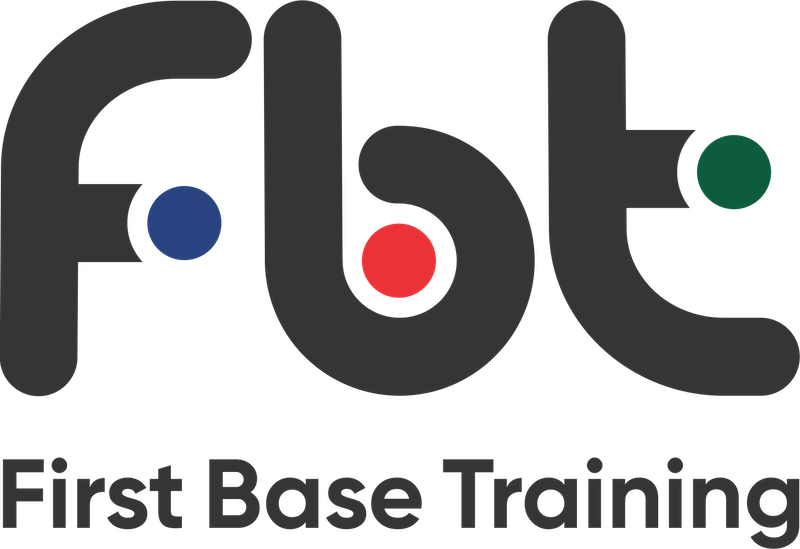Themes Of Early Childhood Education
Early childhood education provides children with the best possible start in life. It lays the foundation for their lifelong learning and development. As such, their early learning environment should be a safe, engaging, stimulating space where their interests and needs are supported.
As an early childhood educator, you can create a sense of belonging for each child by implementing early childhood education themes in the classroom.
The Four Essential Themes For Early Childhood Education
There are four essential themes for early childhood education that we recommend incorporating into your daily early childhood education routine for children:
Social change and improvement
Children should learn to interact with their peers early to grow their emotional intelligence, build friendships and improve their overall health and well-being.
Since children come from different backgrounds, creating an inclusive environment that embraces their differences and encourages them to learn more about each other is a must. Encourage group activities and team-based learning through your resources, materials and teaching approaches to ensure all students feel a sense of belonging.
Early childhood development
An important early childhood education theme is making playtime learning time. Play is a core component of early childhood education since it’s through play that children learn about their surroundings.
Play can take many forms, from imaginative play to physical play and more. The possibilities are endless, from identifying colours to numbers or building block games for cognitive development. Ample play opportunities, both structured and unstructured, will give children the sense of routine and structure they need to adapt, grow and thrive in their preschool environment.
A child’s development also includes physical development — that means providing children with a well-balanced, healthy diet to give their growing bodies and minds the sustenance they need.
Lifelong values establishment
To be a truly successful early childhood educator, one of the most important early childhood education themes is not just to prepare them for the rest of their schooling but the rest of their lives. The playground and classroom are where it all begins.
Children can learn valuable life lessons by acknowledging good behaviour with positive reinforcement. Whether it’s teaching children to wait for their turn to play, to share with their peers or to be kind, this should form the foundation for your classroom.
Personalised learning experiences
One of the most critical skills of being an early childhood educator is to not only teach students as a whole group but to take the time to get to know each of your students and understand their learning styles and individual needs on a more personal level. That way, you can tailor your teaching approaches to meet every child’s diverse needs.
Providing an enriching learning experience for every student also means assessing children’s progress and communicating it to their families to ensure a collaborative team effort at home and in the early school environment.
Enrol In An Early Childhood Education Course At First Base Training
Now that you know the themes for early childhood education, why not take the first step and enrol in our early childhood education courses at First Base Training?
Our courses, including the CHC30121 Certificate III in Early Childhood Education and Care and the CHC50121 Diploma of Early Childhood Education and Care, are nationally recognised qualifications to help you become an early childhood educator. You can count on our mix of theory-based learning and hands-on experience to build your confidence in no time.
We understand that a career switch can raise some financial concerns. That’s why we offer flexible payment plans for our course takers — we believe everyone should have equal opportunity to pursue their dreams! If you have any questions, contact our team, who would be delighted to assist.
